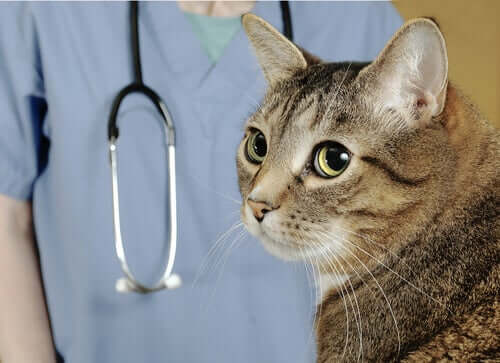Veterinary Malpractice and When to File a Complaint

Veterinary malpractice is the result of inexperience, recklessness and/or lack of practice from a doctor, and it can be fatal to their patients. Unfortunately, it doesn’t just happen to humans but also to our pets. So, the question is, how do you identify bad veterinary procedure? Furthermore, where do you file a complaint about it? Today we’ll tell you all about it in this article.
The best way to avoid veterinary malpractice is to consider a variety of important factors when selecting a doctor for your pet. Keep in mind that this person will be responsible, to some extent, for the health and well-being of your dear furry friend.
- Firstly, the person responsible for a pet must ensure the animal has everything they need.
- Secondly, a veterinarian should be sufficiently qualified to properly diagnose and prescribe treatment or find a cure for an animal that has a health problem.
Recognizing veterinary malpractice

There are many instances in which people with pets are dissatisfied with the performance and care received by a veterinarian. However, in some cases, it is even clearer, because it led to very negative consequences for an animal –perhaps it was fatal.
Even though we can overlook some mistakes (because they are human beings, after all), it becomes a concern when a doctor’s lack of experience or knowledge starts to endanger a number of animals. A lack of attention and lack of common sense can all be lethal to your dog, cat or any other pet you may have at home.
According to some, the definition of veterinary malpractice is very wide and can’t be defined in a single sentence. For example, some procedures where the goal was to save an animal’s life but led to their death are ruled out. Many people often blame doctors for the death of their pet when, most likely, it was not the veterinarian’s fault.
There are hardly any veterinarians who would treat an animal with the intention of harming them. Most went to college and followed that professional path because of their vocation to assist and try to heal ill animals. In a perfect world, their decisions and actions will always be for the benefit of the animals.
What is veterinary malpractice?
However, there are also practices that definitely qualify as bad veterinary procedures. Among them:
- An offer to perform medical, surgical or clinical services without being properly trained for it.
- Also, a failure to perform thorough medical examinations (laboratory tests, x-rays, etc) prior to a surgical procedure.
- Furthermore, not disclosing the health of your pet or the procedures that they’re going to carry out – as well as the risks and probabilities of recovery.
- The failure to get a second opinion with another qualified peer. Especially when the response to a certain treatment is deficient or when there are adverse effects.
- Performing unnecessary practices for the sole purpose of profiting from a patient’s health.
What to do against bad veterinary procedures

If you consider that your pet’s doctor was unprofessional, you can file a complaint. This will only proceed if it had serious consequences. That is, if the animal dies, is badly hurt or has lasting injuries.
Avoid filing meaningless complaints and be absolutely certain that veterinary malpractice has, in fact, occurred. It’s also essential to have a copy of your pet’s medical history in order for your complaint to proceed.
When you should and shouldn’t file a complaint
Was the problem due to veterinary or to aesthetic procedures? Hairdressers, beauty centers for dogs, and pet boarding places are not included within veterinary malpractice laws.
Does your situation deserve a legal complaint? That is, does your disagreement belong in a legal situation, or can you just complain directly to the veterinary center in question?
How can you prove veterinary malpractice? The person responsible for an animal must have at least one piece of evidence to show that such practice was contrary to professional ethics. For example, if you want to sue a government agency you have to file a claim against the government first. You then have to wait until the claim is denied before you can file a lawsuit.
When in doubt consult an attorney; they can explain the procedures and help you protect your pet’s rights.
This text is provided for informational purposes only and does not replace consultation with a professional. If in doubt, consult your specialist.